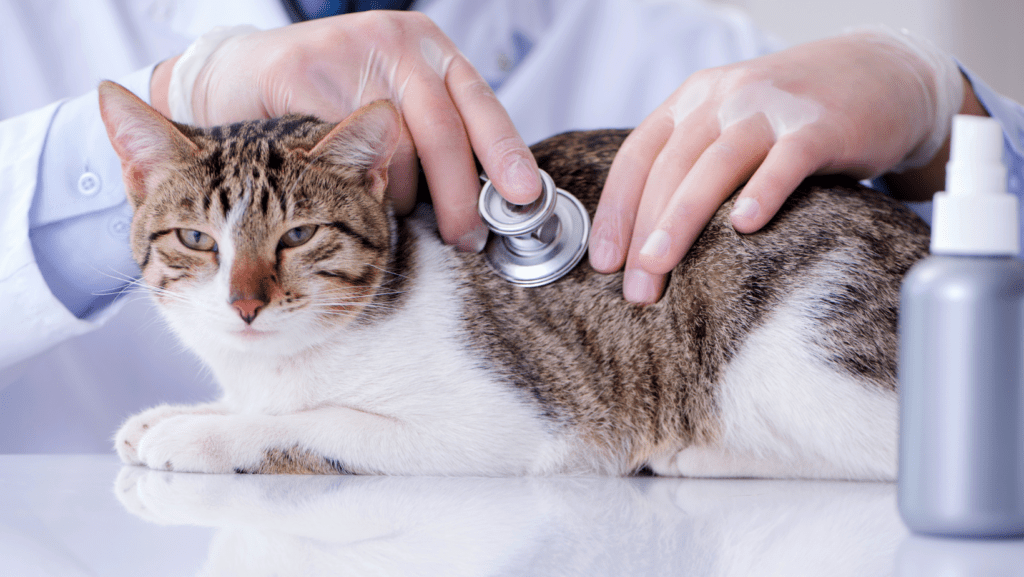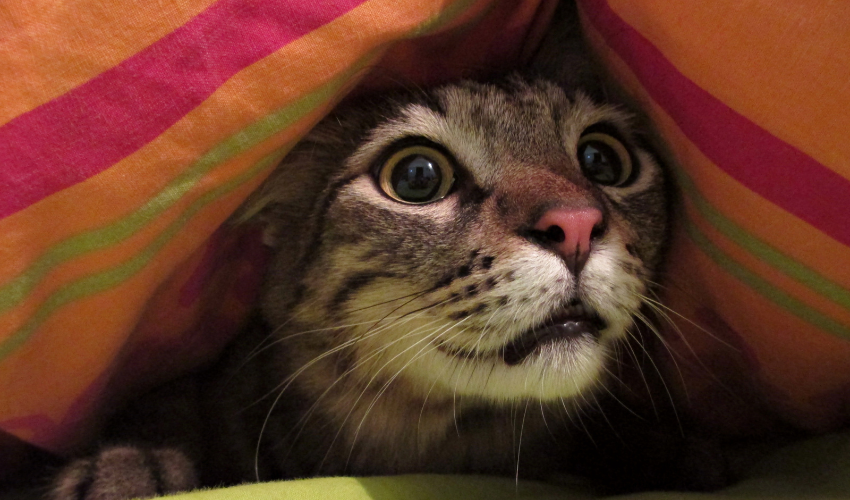Feline asthma is a common respiratory condition that affects cats of all ages and breeds. Characterized by inflammation and constriction of the airways, asthma can cause significant discomfort and respiratory distress in affected felines. As responsible pet owners, understanding the causes, treatment options, prevention strategies, and alternative therapies for feline asthma is essential for effectively managing this chronic condition and ensuring our furry companions lead happy, healthy lives. In this comprehensive guide, we’ll delve into the complexities of feline asthma, providing valuable insights and practical tips for pet lovers everywhere.
Understanding Feline Asthma:
Feline asthma is believed to have both genetic and environmental components. While the exact cause remains unknown, factors such as allergens, air pollutants, cigarette smoke, stress, obesity, and respiratory infections are thought to contribute to the development and exacerbation of asthma symptoms in cats. Sensitivity to airborne allergens such as pollen, dust mites, mold spores, and pet dander is particularly common among asthmatic felines.
Symptoms of Feline Asthma:
Cats with asthma may exhibit a variety of respiratory signs, including coughing, wheezing, labored breathing, rapid breathing, open-mouth breathing, lethargy, reduced appetite, and exercise intolerance. These symptoms can range from mild to severe and may occur intermittently or persistently, depending on the individual cat’s condition and triggers.
Diagnosing Feline Asthma:
Diagnosing feline asthma typically involves a thorough physical examination, including auscultation of the lungs, to assess respiratory function and detect any abnormalities. Additional diagnostic tests may include chest X-rays, bronchoalveolar lavage (BAL), tracheal wash, and/or blood tests to evaluate inflammation, rule out other respiratory conditions, and confirm the diagnosis of asthma.
Conventional Treatment Options:
Conventional treatment for feline asthma aims to reduce airway inflammation, relieve respiratory symptoms, and improve overall respiratory function in affected cats. Common treatment options may include:
- Corticosteroids (e.g., prednisolone) to reduce airway inflammation and suppress the immune response.
- Bronchodilators (e.g., albuterol) to relax the muscles surrounding the airways and alleviate bronchoconstriction.
- Anti-inflammatory medications (e.g., leukotriene modifiers) to decrease inflammation and mucus production in the airways.
- Nebulization therapy to deliver medication directly to the lungs and provide rapid relief of respiratory symptoms.
Prevention Strategies:
Preventing asthma triggers and minimizing exposure to allergens and irritants are crucial for managing feline asthma and reducing the frequency and severity of asthma attacks. Key prevention strategies include:
- Minimizing exposure to cigarette smoke, household cleaners, aerosol sprays, and other airborne pollutants.
- Using high-efficiency particulate air (HEPA) filters to remove airborne allergens and pollutants from the indoor environment.
- Keeping the home clean and free from dust, mold, and pet dander by regularly vacuuming, dusting, and laundering bedding.
- Providing a well-ventilated living space and avoiding environmental stressors that may trigger asthma symptoms in sensitive cats.
Alternative Therapies:
In addition to conventional treatment options, some pet owners may explore alternative therapies and complementary approaches to managing feline asthma. While more research is needed to validate the efficacy of these therapies, options such as acupuncture, herbal medicine, dietary supplements (e.g., omega-3 fatty acids), and stress reduction techniques (e.g., environmental enrichment, aromatherapy) may offer additional support for asthmatic cats.
Maintaining a Healthy Lifestyle for Your Cat:
Diet and Nutrition:
Providing a balanced and nutritionally complete diet is essential for supporting your cat’s overall health and immune function. Choose high-quality cat food that meets your cat’s specific nutritional needs, and avoid feeding table scraps or foods that may trigger allergic reactions or digestive upset in sensitive cats.
Regular Veterinary Care:
Schedule regular veterinary check-ups to monitor your cat’s respiratory health, discuss any changes in symptoms or behavior, and ensure timely adjustments to their treatment plan as needed. Routine wellness exams, vaccinations, parasite prevention, and dental care are essential for maintaining your cat’s overall well-being and detecting any potential health issues early.
Environmental Enrichment:
Provide your cat with a stimulating and enriching environment that encourages physical activity, mental stimulation, and social interaction. Offer a variety of toys, scratching posts, climbing structures, and interactive play sessions to keep your cat entertained and mentally engaged. Additionally, consider creating safe outdoor spaces or supervised outdoor excursions to allow your cat to explore and enjoy the natural environment.
Stress Management:
Minimize stressors in your cat’s environment and provide a calm, predictable routine to help reduce the risk of asthma flare-ups and other stress-related health issues. Create designated resting areas, provide hiding spots or safe retreats, and offer opportunities for play, relaxation, and bonding with your cat on a daily basis.
Feline asthma can pose significant challenges for both cats and their owners, but with proper understanding, proactive management, and veterinary guidance, affected cats can lead happy, healthy lives. By recognizing the causes, symptoms, and treatment options for feline asthma, implementing preventive measures to minimize exposure to allergens and irritants, exploring alternative therapies and complementary approaches, and maintaining a healthy lifestyle for your cat, you can effectively manage this chronic respiratory condition and provide your furry companion with the care and support they need to thrive. Always consult with your veterinarian for personalized advice and recommendations tailored to your cat’s individual needs and circumstances.













